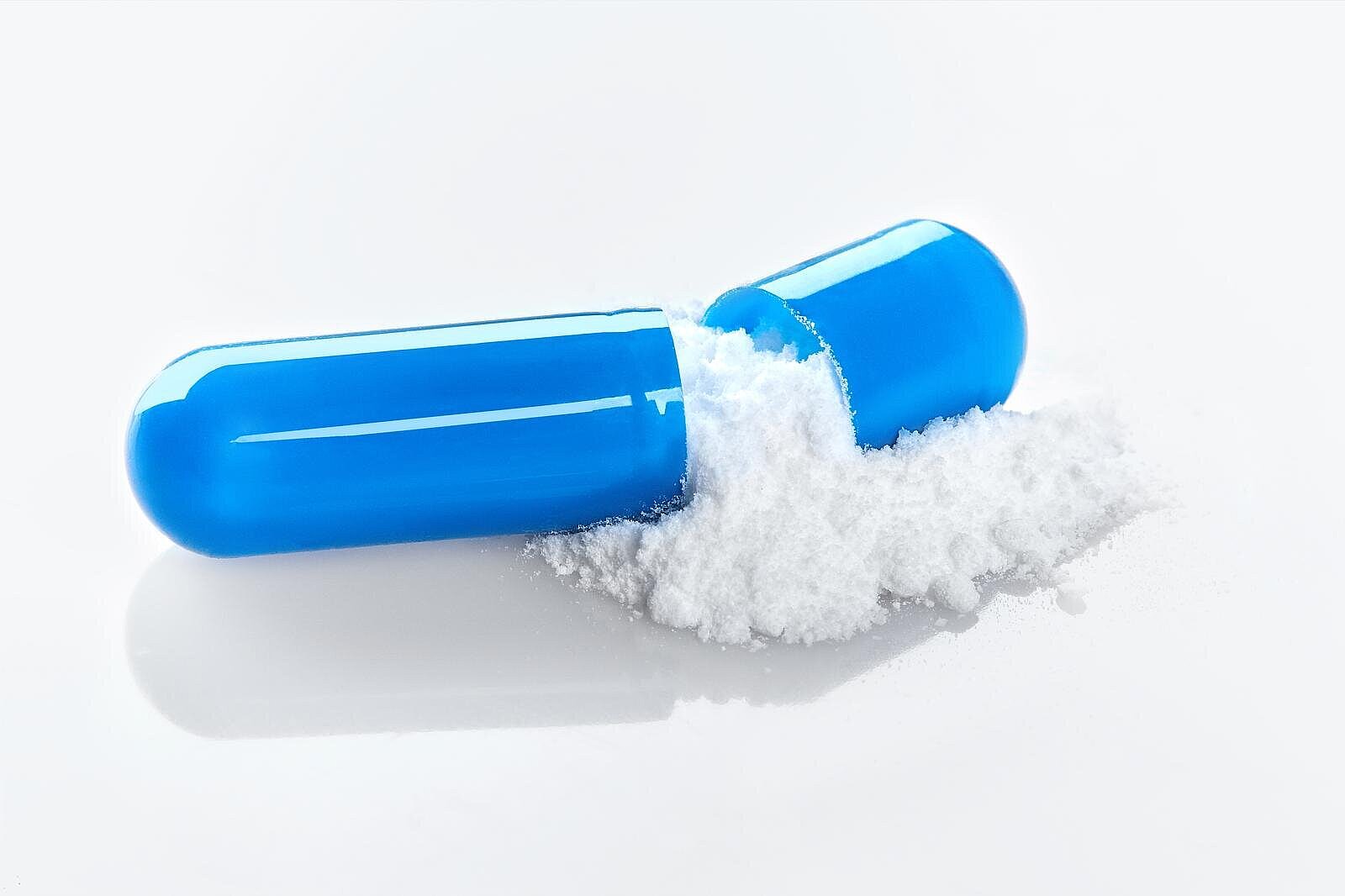Potassium thiosulfate

Potassium thiosulfate (K2S2O3) is a chemical compound used in various industries, from photography to agriculture. Its use in the context of dogs is not commonplace and requires an in-depth understanding of the chemical itself, as well as the potential benefits and risks associated with its use. This article provides a comprehensive analysis of potassium thiosulfate to educate dog owners and help them make informed decisions about the health and safety of their four-legged friends.
What is potassium thiosulphate?
Potassium thiosulphate is a salt of thiosulphuric acid and is used in various applications due to its chemical properties. It is known for its ability to serve as a fertilizer in agriculture, as well as for its use in photographic fixing baths to remove unexposed silver halide. In relation to dogs, the direct use of potassium thiosulphate is uncommon and could pose potential health risks.
Advantages of potassium thiosulphate
Industrial and agricultural use
- Plant growth: In agriculture, potassium thiosulfate can serve as a source of sulfur and potassium for plants, which could indirectly affect the environment of dogs living in rural areas.
- Photographic processes: While this is not a direct benefit to dogs, it shows the versatility of the chemical in human applications.
Disadvantages of potassium thiosulfate
Health risks in dogs
- Toxicity: Potassium thiosulfate can be toxic to dogs if ingested in large quantities. Symptoms of poisoning may include vomiting, diarrhea and lethargy. In severe cases, kidney function may be impaired.
- Skin and eye irritation: Direct contact with the substance may cause irritation to the skin and eyes, requiring special care when handling.
Handling and exposure
- Limited use: Because direct uses of potassium thiosulfate in dogs are limited, dog owners should minimize their pets' exposure to this chemical.
- Precautions: Appropriate precautions should always be taken when using potassium thiosulfate around dogs to avoid accidental exposure.
Caution advised
The use of potassium thiosulfate in the context of dog grooming and health should be used with caution. Due to the potential toxicity and risks associated with exposure, it is important for dog owners to be aware of the chemical nature and potential dangers. In most cases, alternatives to chemical treatments and products should be considered to ensure the safety and well-being of dogs.
If you notice any signs of hypersensitivity or poisoning in your dog, you should see your vet immediately. We are not a substitute for a vet, but we try to be as accurate as possible. Every dog reacts differently and we recommend you get a second opinion or consult your vet if in doubt.
Stay healthy and take good care of your four-legged friend!😊
Similar to Potassium thiosulfate
Sodium thiosulfate (Na2S2O3), also known as sodium hyposulfite, is an inorganic compound used in various industrial and medical applications. It is a colorless, crystalline solid that dissolves well...
Sodium sulphite is the sodium salt of sulphurous acid. It is formed, for example, when sulphur dioxide is introduced into caustic soda or by neutralizing caustic soda with sulphurous acid. It can...
Sodium bisulfite is a chemical compound used as a preservative and antioxidant in various foods and beverages, as well as in photography and various industrial processes. It works by scavenging...
Sodium disulphite is mainly used as a preservative and antioxidant. It prevents the growth of microorganisms and the loss of color and flavor through oxidation. It is used in dried fruit,...



